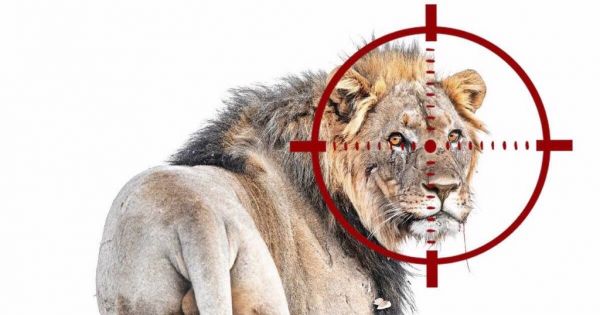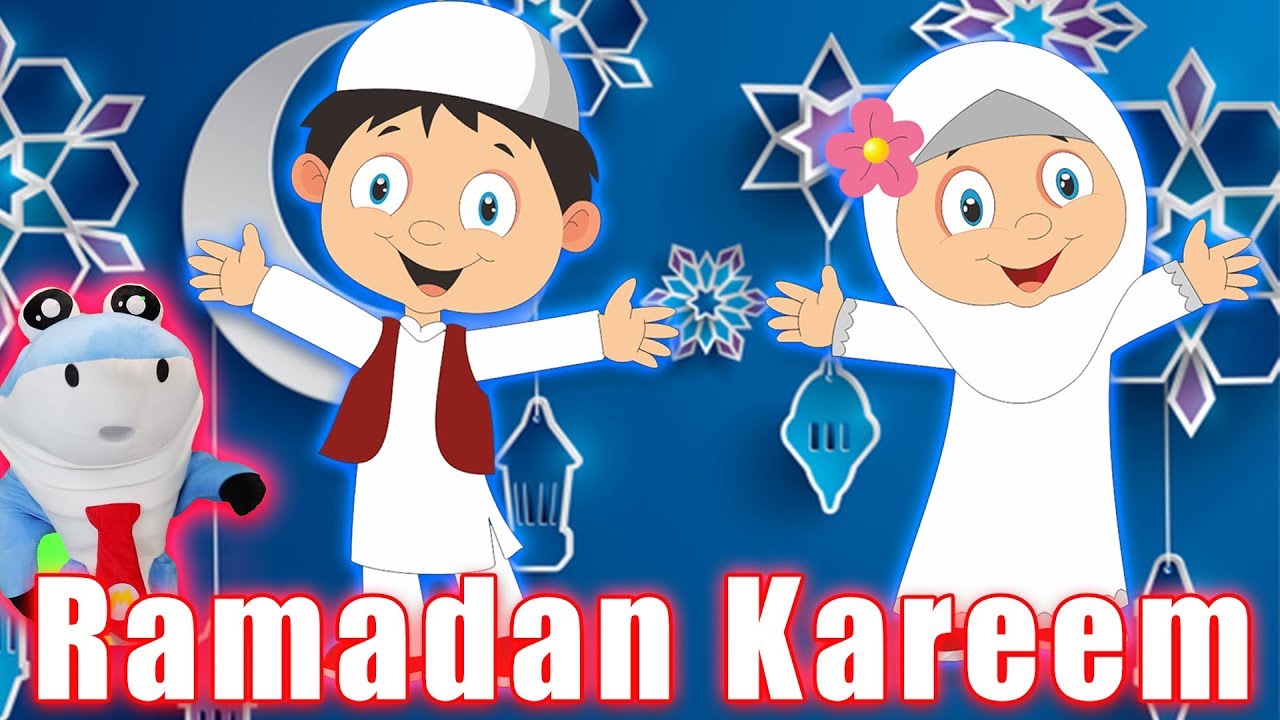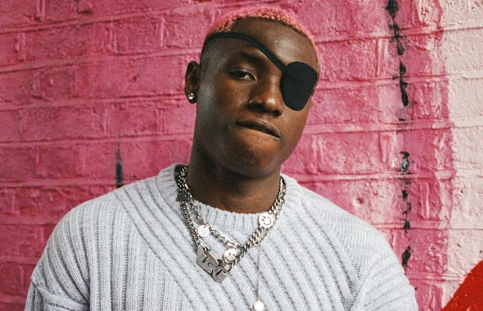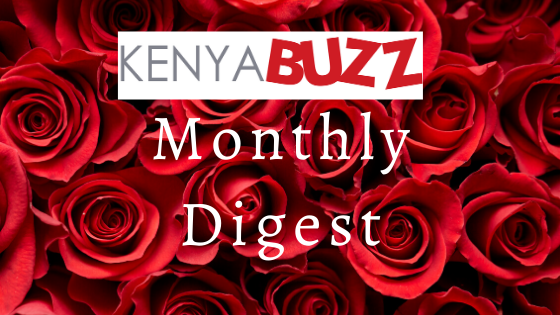Art Through Her Eyes: KenyaBuzz Interviews Mũmbi Kaigwa
9th March, 2022 at 11:33AM
Mũmbi Kaigwa is a revered thespian, singer, producer and playwright. Kaigwa got her first public acting role on the Voice of Kenya (VOK) Television's 1972 special of "The Strong Breed" by Wole Soyinka when she was just 10 years old. She is the founder of The Arts Canvas, an arts company which produces plays, documentaries and conducts workshops for artists. She's renowned for introducing The Vagina Monologues by Eve Ensler to Kenyan audiences in 2003. In 2016, Mũmbi was honored with a lifetime achievement award by Egypt's Ministry of Culture and Social Affairs at the 23rd International Festival of Contemporary and Experimental Theater held in Cairo for her work in creating theatrical campaigns around various social issues. And in 2017, the Tunisian Ministry of Cultural Affairs awarded her a second Lifetime Achievement Award in recognition of her "outstanding contribution to the field of theater".This year, Mũmbi launched her YouTube show Art Through My Eyes - a historical series about culture and the performing arts in East Africa in general, and in Kenya in particular.We caught up with Mũmbi and she let us in on why and how she conceptualized her new show and we look at the state of the arts in Kenya through her eyes.KB: What is your personal story of entering the field of arts? What initially drew you to theater and acting?I was an awkward child, the sixth and last born of my parents, Mark and Perpetua Kaigwa. They were very busy building new frontiers of their own in a newly independent country (the family moved to Nairobi from Mukurweini in the early 1950s). I spent a lot of time alone, living on a farm, as my sister and brothers were already in high school and university by the time I was finishing primary school.I spent a lot of time inventing "friends" and characters in my head, playing with them and reading to them. So it might have been a natural transition to the stage, creating full back-stories for characters who I would get to reinvent in, first primary school, and then high school and university.The Kenya Schools' Verse Speaking Festival is where I got my start, memorizing and reciting poetry by Hilaire Belloc, Okot p'Bitek, Birago Diop and the much loved Superstition, by Minji Karibo.I performed a lot of foreign plays and started writing my own work in 2001.KB: You've worn many hats over the years as an actor, singer, producer and playwright, and now, a YouTuber! Why and how did you conceptualize Art Through My Eyes?One of the little-known hats I've worn was as a librarian and research assistant at the United Nations Children's Fund (UNICEF). I credit that experience for my love of documenting and archiving. I also have a burning desire to unearth and to write positive myths about Kenya and her people. About six years ago, I started to write my autobiography whose working title is "The Life of an Artist". And then last year (2021), a friend came by to mine my archive for photos of work we created in 2006. He had a look at my folders of video material, files of newspaper clippings and photos of my touring productions. He suggested, as the material was vast, and seeing as videos and photos may not find enough space in a book, that we should use the much-improved services of social media and the Internet to share my personal history of performance through YouTube.KB: Why did you choose to talk about Heart and Soul as your debut video for your channel?2022 marks 20 years since the first episode of Heart and Soul was first aired. It was a programme of many firsts; aired on 16 broadcasting stations in 11 countries; training in television acting from the British Broadcasting Corporation (BBC); a partnership between the UN, Government and the private sector. I had also kept copies of all the scripts, newspaper clippings, promotional materials and recordings (on VHS). Many of our actors got their start in Heart and Soul. We wanted to show new and old audiences the work that goes into making a television programme. And take a walk down memory lane and celebrate the actors, writers, crew members, some of whom have left us, KB: Do you feel like Heart and Soul did enough to bring to the fore the issue of stigmatization of people living with HIV? Have attitudes changed significantly over the last 20 years and would you say Heart and Soul had a role in this?I'm not sure we had enough time to highlight all the subjects our donors wanted. Similar projects in Mexico and South Africa took years before they saw changes in public behavior and attitudes. And that's one of the problems with donor funding. The needs of the community are often subsumed by the funding agencies' agenda. Despite this pressure on issues, I think Heart and Soul achieved a lot by providing professional training for crews, actors and writers who had previously had little or no structured training. We also told a very believable story about two Kenyan families. KB: Take us through the production of Art Through My Eyes. What happens behind the scenes? And how often should we expect an upload?Starting in August last year, we gathered together every Saturday (Producer/Director, Graphics Editor, and Cameraperson) to film and edit each episode of the series. During the week the Producer/Director and I would work on the scripts. Then there was the work of creating all the "bumpers" and graphics, looking through the photographs and creating a "look" for the series. The background music comes from my album for a play I wrote in 2006, and so there was no issue of copyrights. We'll upload regularly from my archives and share my work and music and life as an artist. I'm really happy to contribute to an archive of material which, already, I've heard film and television producers are using to stimulate discussions about their work.KB: What would you say about the status of performing arts in Kenya? Is it emerging or regressing or are we witnessing a renaissance? What can be done to make the performing arts better in Kenya?How long do you have? Let me quote Rasna Warah. She reminds us that the late Bantu Mwaura argued that community theater in Kenya was totally consumed by development issues that concern donor communities, leading to the death of local, indigenous theatrical performances and practices. I agree with this view. We need to go back to the drawing board and find, create, or develop our own performing styles that don't speak down to our audiences and don't self-censor by trying to find humor in everything. KB: You obviously have your finger on the pulse of the theater industry. Which play did you last enjoy watching?I've not watched much theater during the Covid-19 restrictions. I totally enjoyed the musical Simba Bazenga by KCA University's Arts Department. KB: What are you watching on TV?I've always been a radio listener, so I listen to a lot of podcasts. The Comb, Rough Translation, Radiolab, Reveal and Shannon Cason's Homemade Stories are some favorites.I also love the work of the Nairobi Film Festival and the short films that have been generated by the 48 Hour Film Project over the years.KB: We're hoping you'll churn out videos to get YouTube's Silver Plaque, so what should your subscribers expect in the long run?A treasure trove of historical information, so that every time you Google "East African art, theater, film and culture", there'll be some information about this part of the globe that you might find useful to your research. I want everyone to know that "we are here". KB: What interesting YouTube videos on African art have you come across, we'd love to check them out.Muthoni Drummer Queen (MDQ), Cleaning the Airwaves (CTA), and if you Google African Art on YouTube, you'll find Showcase (TRT) and DW Documentary, which has a lot of information about our stolen deities and cultural artefacts. I love Faces of Africa by CGTN. They help to keep positive stories about Africa alive. I narrated a few like the ones on the King of Afrobeat, Fela Kuti, and Mpule Kwelagobe, who became the first African to win the Miss Universe beauty pageant in 1999. Subscribe to Mũmbi's Channel and watch her series Art Through My Eyes HERE





